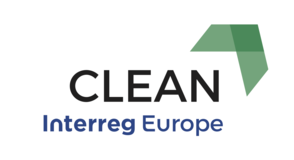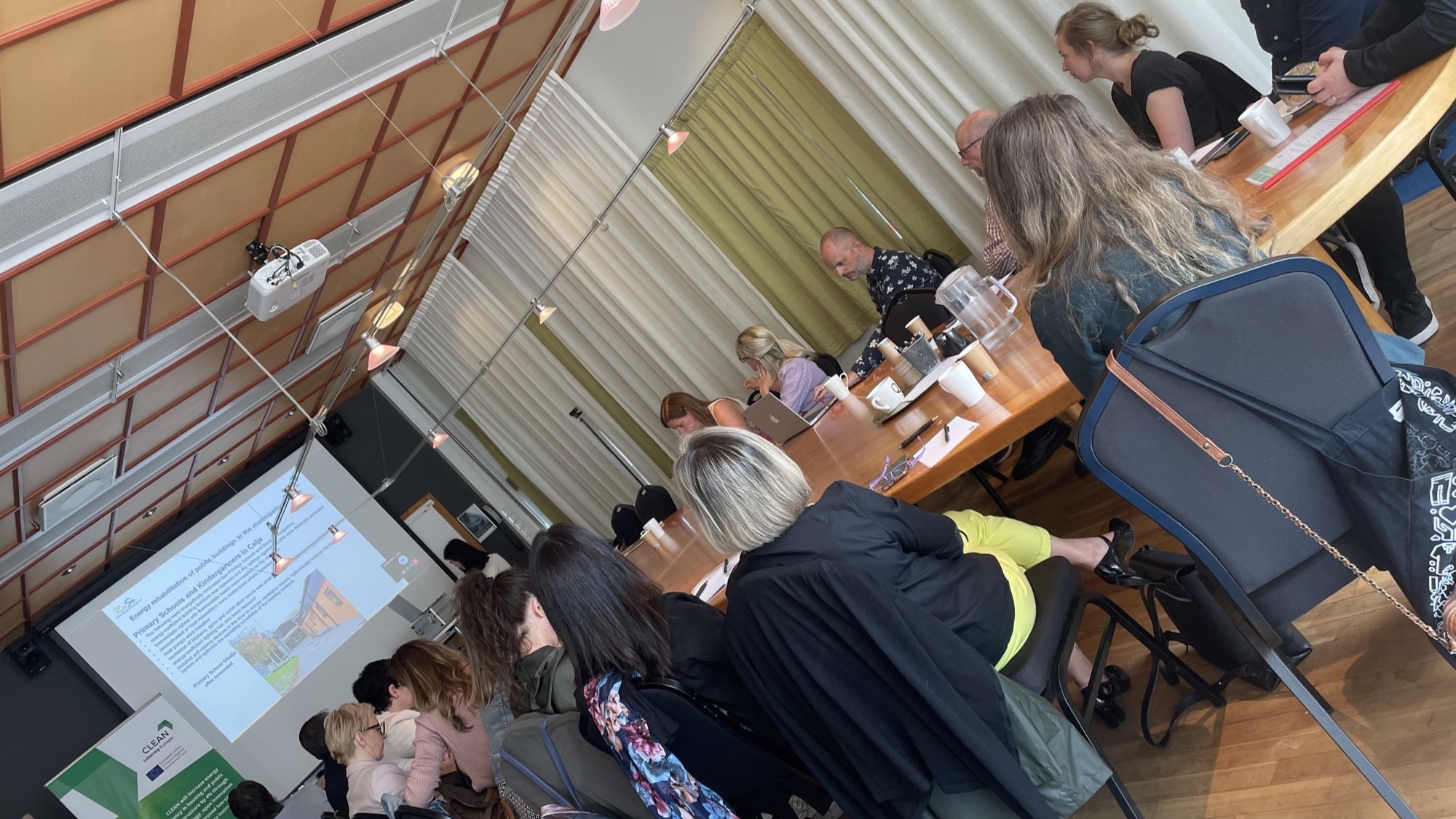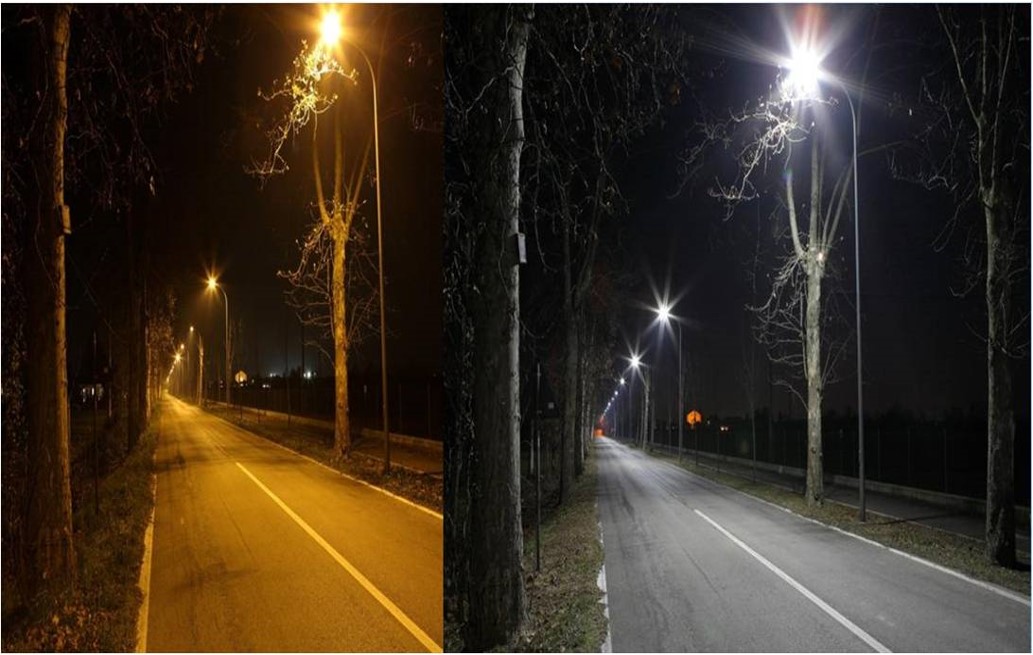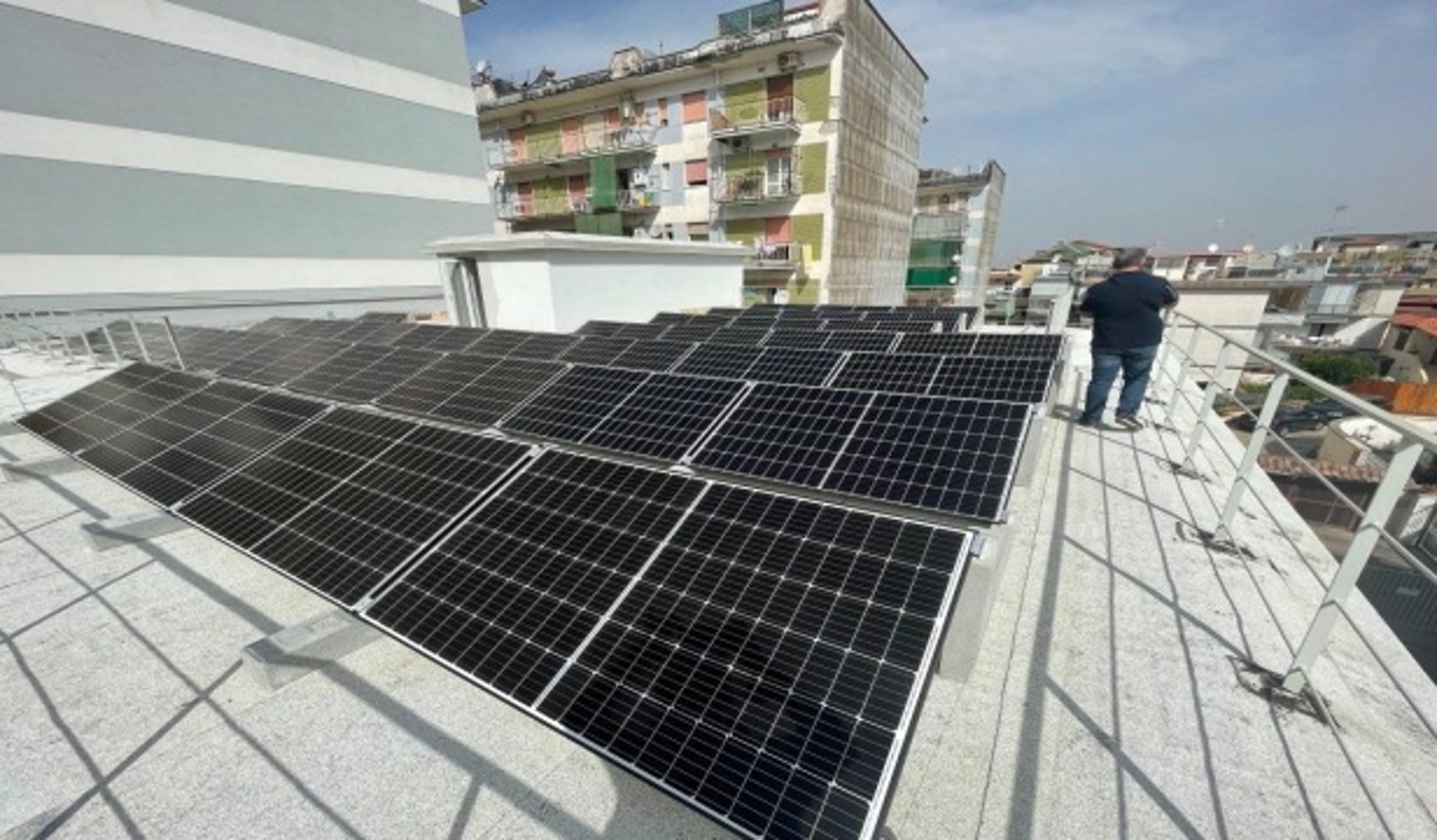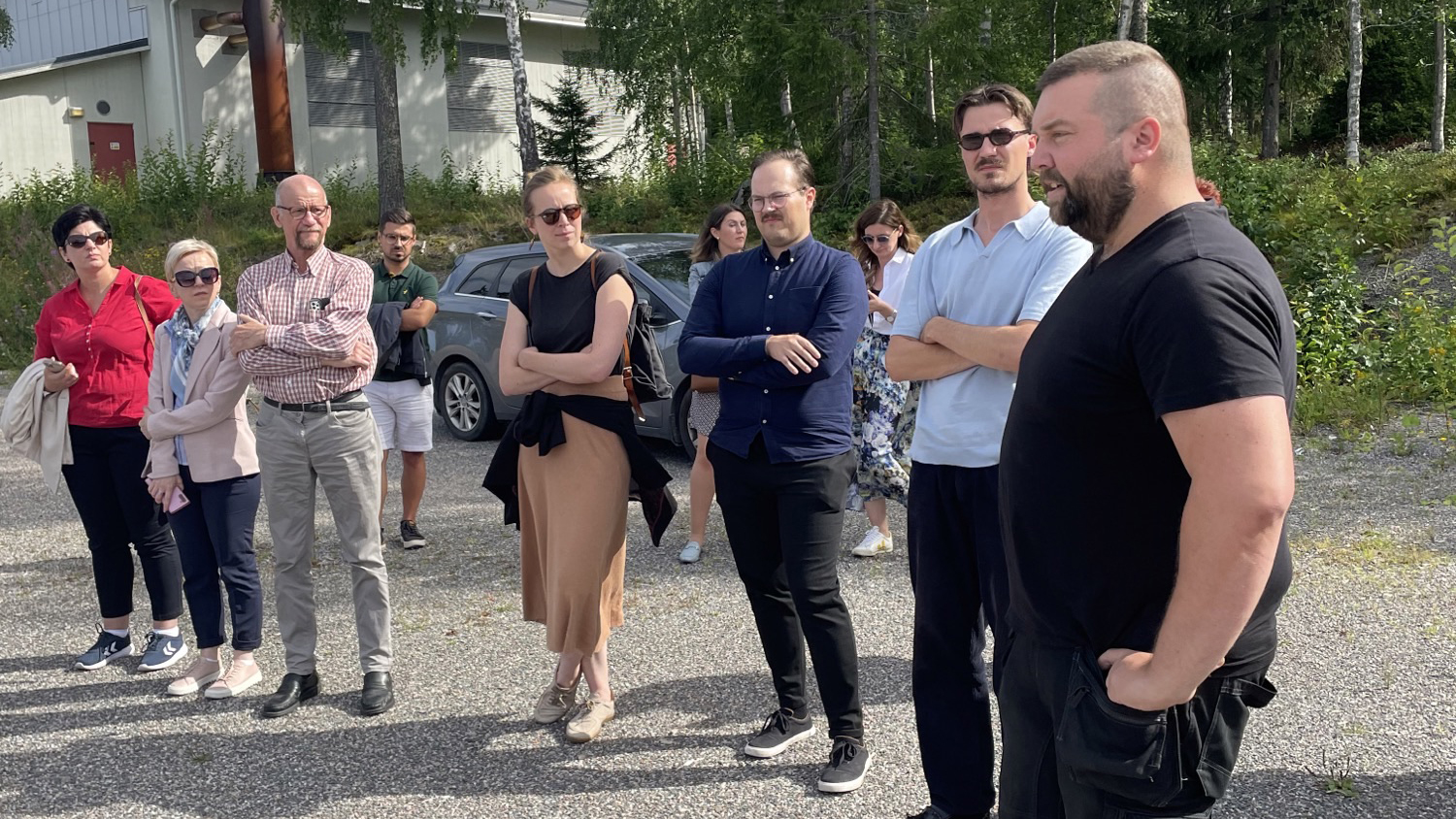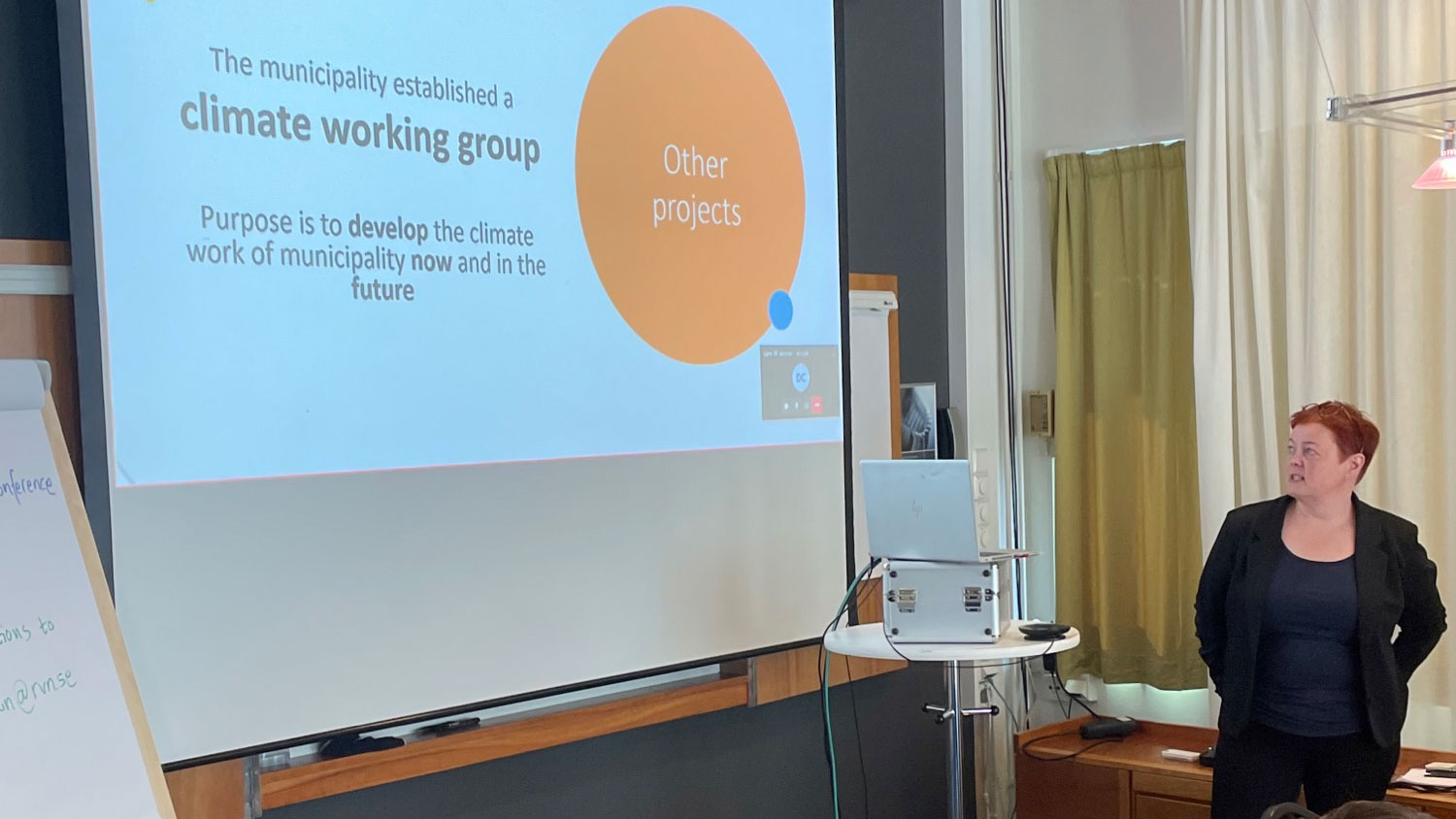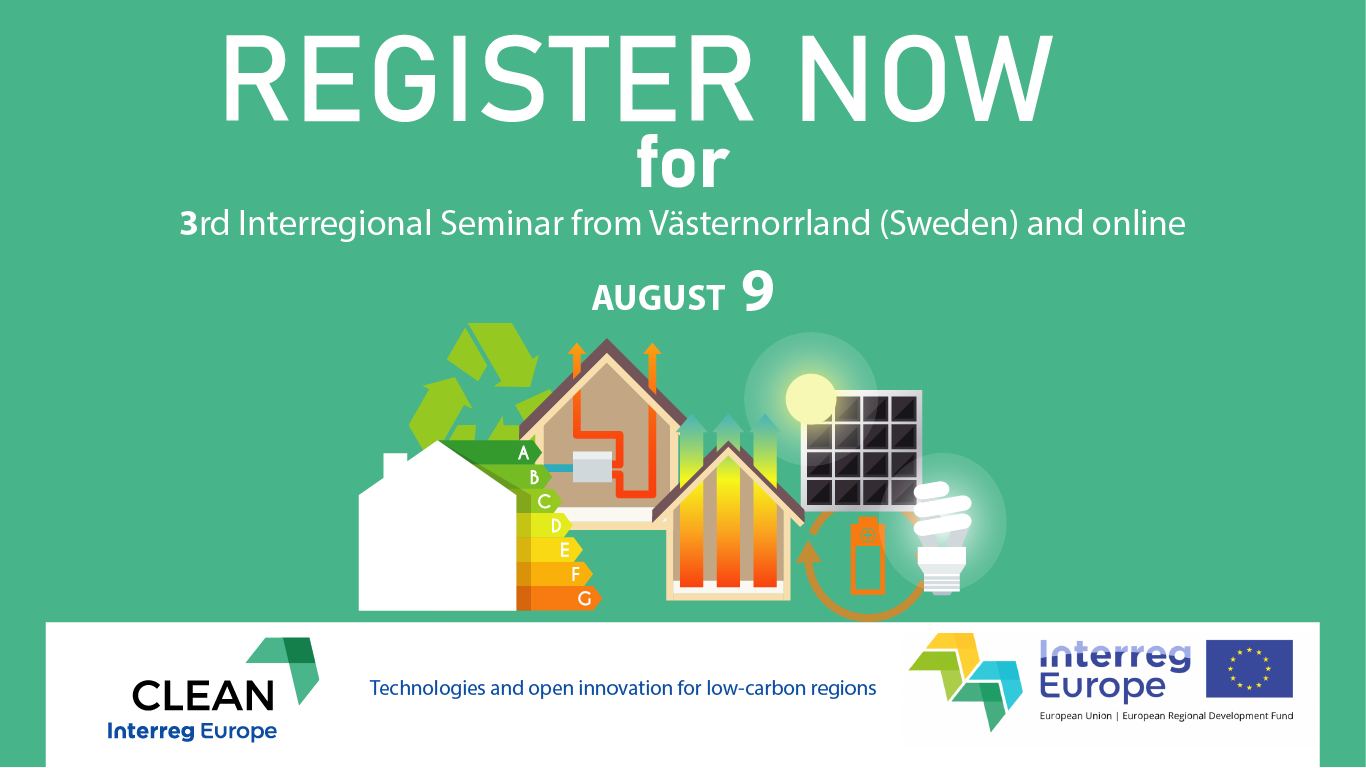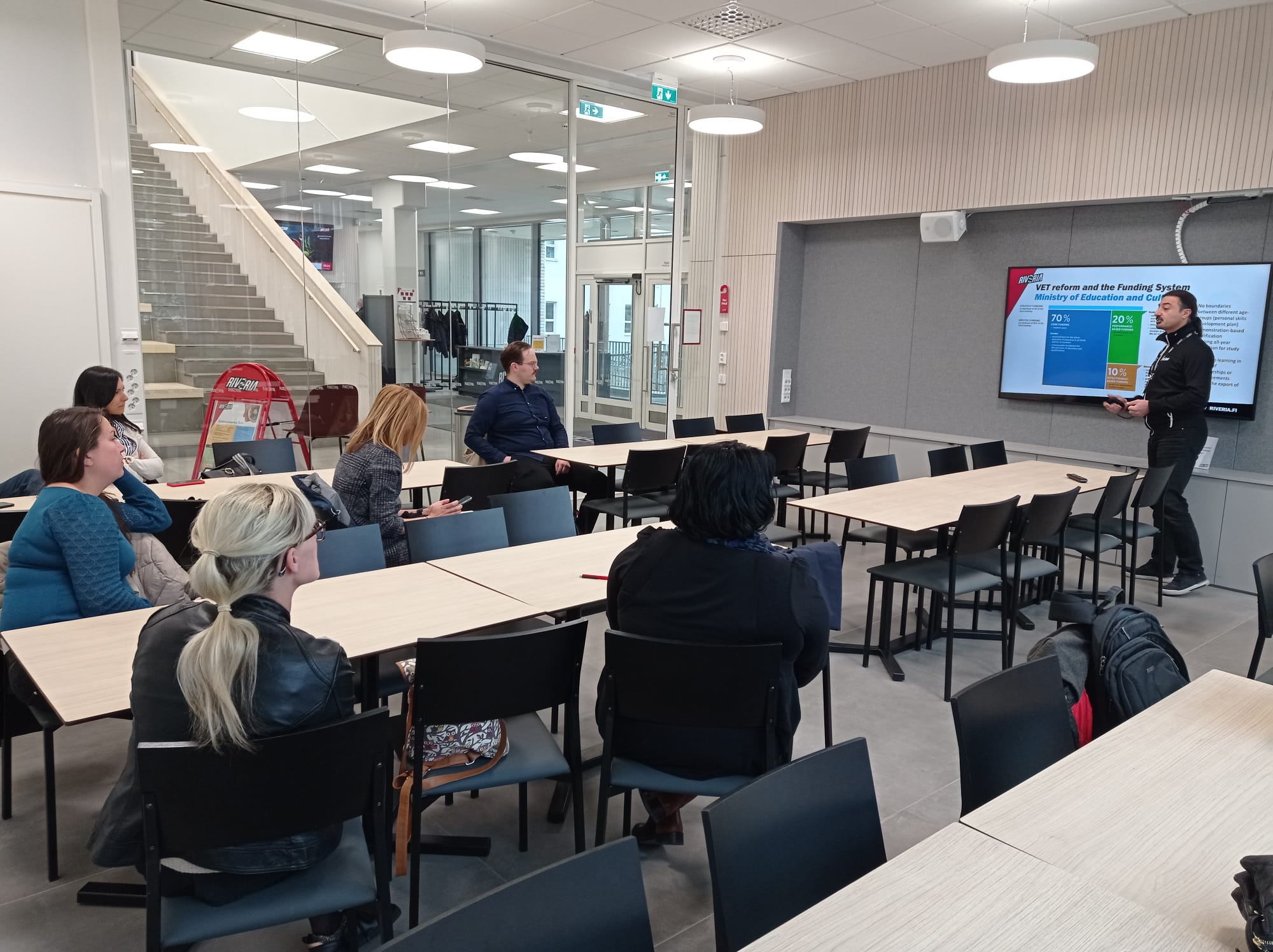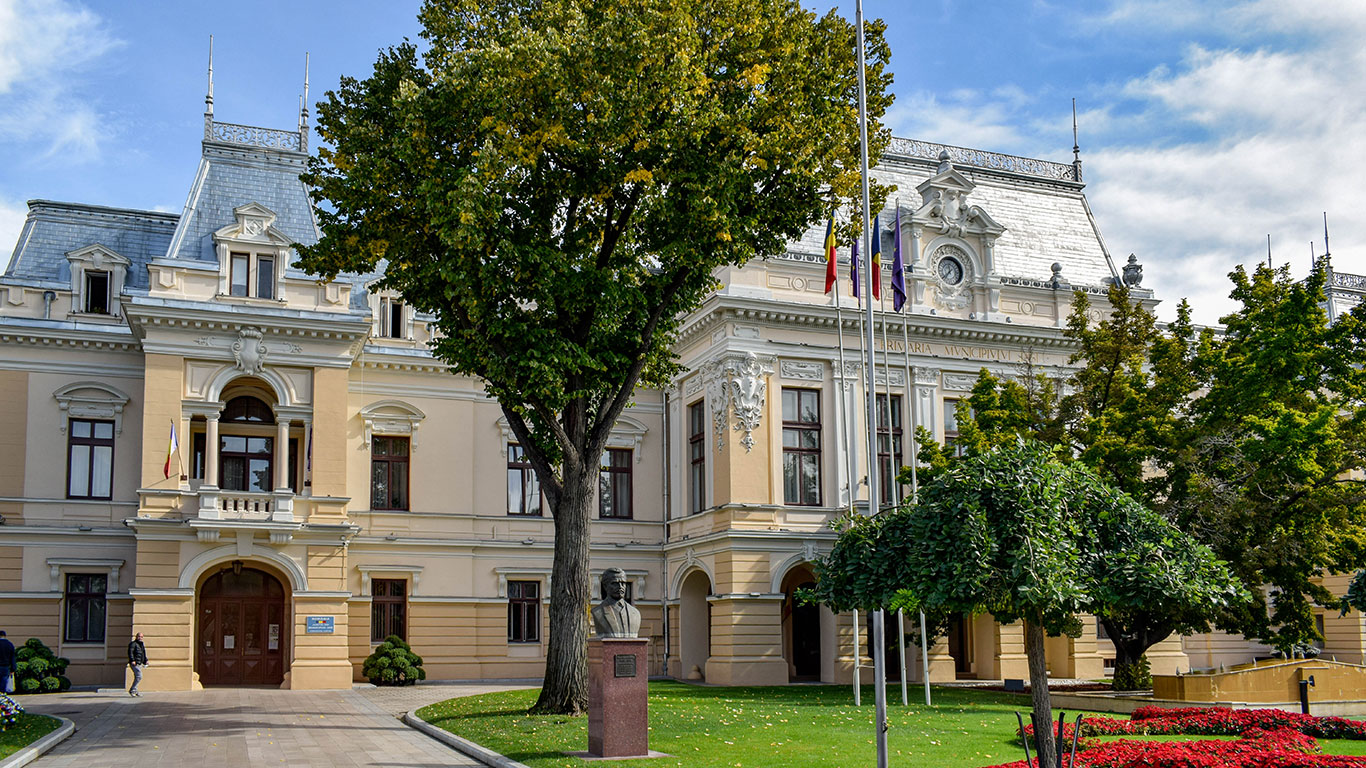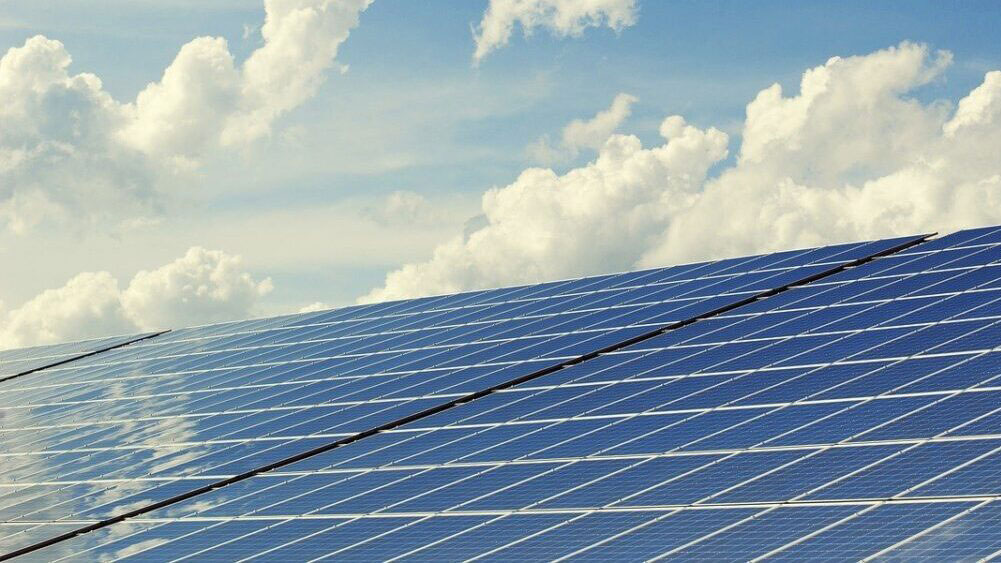How do you think that CLEAN will benefit your region?
ERNACT (Ireland): The Regional Action Plan developed will enable our region to improve energy efficiency policies within the region.
ALAV (Sweden): We know that our stakeholders, and us, in the region are in a capacity building process together, thanks to CLEAN, with the aim to reach a larger impact with our actions on energy efficiency. Because we need well-informed politicians who choose to prioritize these issues, and we also think that the key to achieving energy efficiency improvements is competent and well-trained operating personnel. By having this, the conditions are created for the work on energy efficiency to become a part of everyday work.
Fomento San Sebastian (Spain): In the first three years of the project we have been able to work and learn about different European experiences in the field of Energy Efficiency. These experiences are analyzed in detail to see the possible replication of them in our city environment or define how we can adjust and adapt them into specific actions that we could launch in the coming years in the city from a smart perspective in Energy Efficiency topic.
Iasi (Romania): Iasi Municipality is an important engine and trend setter for the entire Nord East Region of Romania. Models of good practice adopted by Iasi Municipality can be easily disseminate and adopted by other cities and organisations in the region. Moreover, Iasi is a member of the NE Regional Council, where future strategies/policies of development are adopted
Les 7 Vents (France): CLEAN will benefit to our Region in three principal ways: we will inspire from the working practices of other Regions, ours will get more visible and we will be able to cooperate at EU level in order to obtain even less impact on CO2 emissions.
ANEA (Italy): The mutual learning process triggered by CLEAN project as well as the staff and stakeholders exchange foreseen in the project activities will benefit Campania region. A concrete benefit has already been achieved, with the Resolution of the Campania Region that has doubled the budget for energy efficiency measures of the hospitals of the Region, providing for the combination of local/national and European funding opportunities.
Region of Crete (Greece): The public authorities of our region will use the interregional experience and the good examples for better use of the existing funding schemes and proper allocation of future financial resources towards increasing energy efficiency in their building and training the civil servants and the stakeholders involved.
Regional Council of North Karelia (Finland): From the CLEAN project meetings and staff exchanges we have got some new ideas of the possibilities that we could do in our region to promote energy efficiency and use of renewable resources at the energy production. If we manage to transfer and implement new actions, then we are boosting the energy efficiency in our region.
Development Agency of Savinjska Region (Slovenia): In view of good practices presented by project partners during the staff exchanges and the many possibilities of implementing these good practices, we believe that we are on the right track towards better energy efficiency in the region, and at the same time a more integrated region. As mentioned above, we've got to know a lot of smaller stakeholders and innovators with the help of CLEAN project in Savinjska region and as things evolve and our stakeholders connect with each other, we are convinced that the various innovations generated through CLEAN project and energy efficiency in public buildings, will contribute to the energy efficiency of our region.
